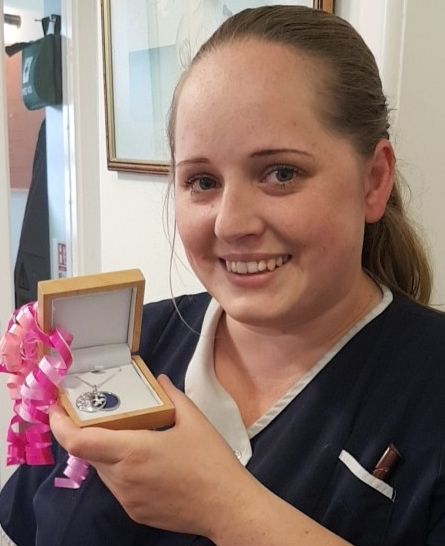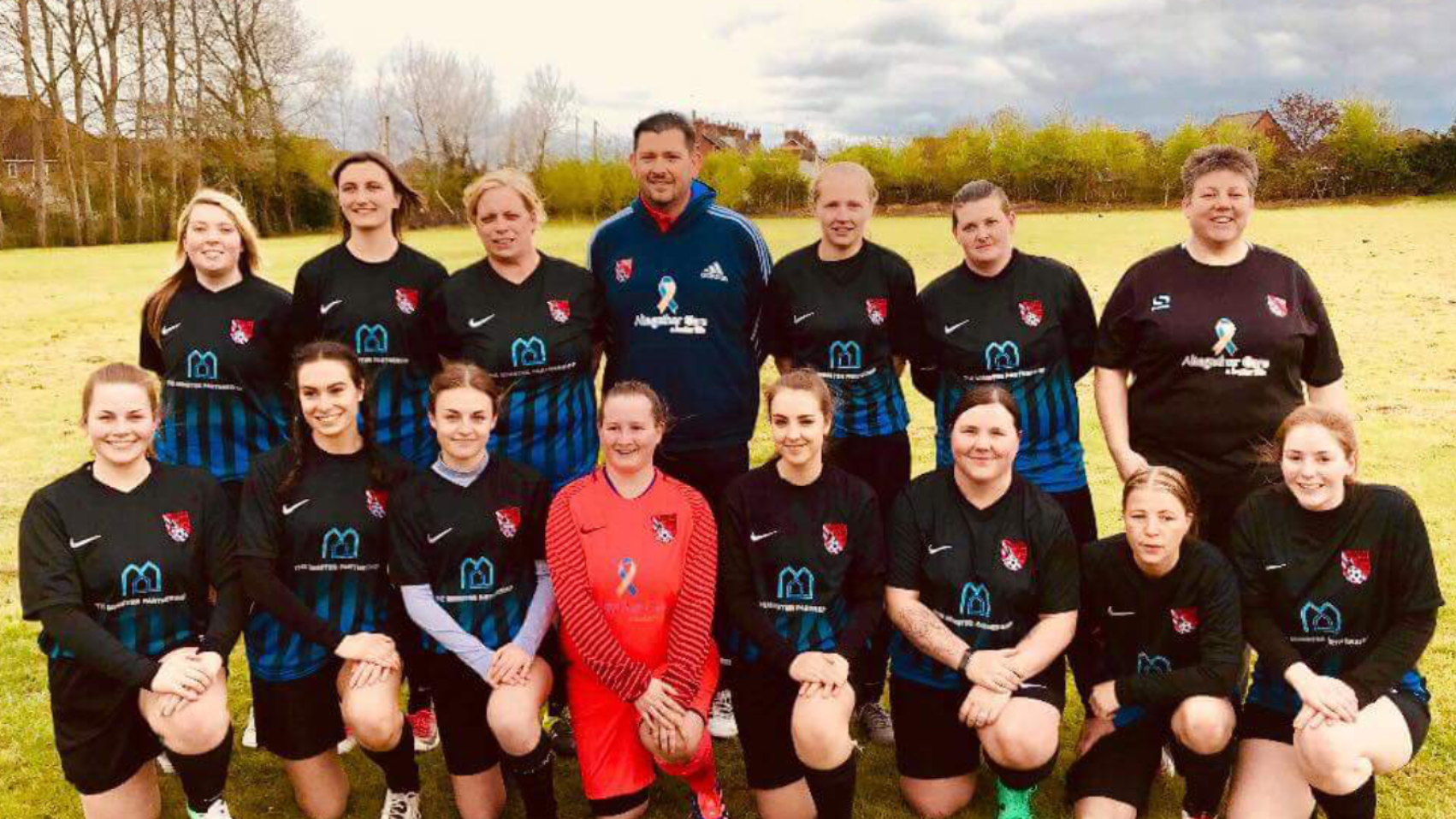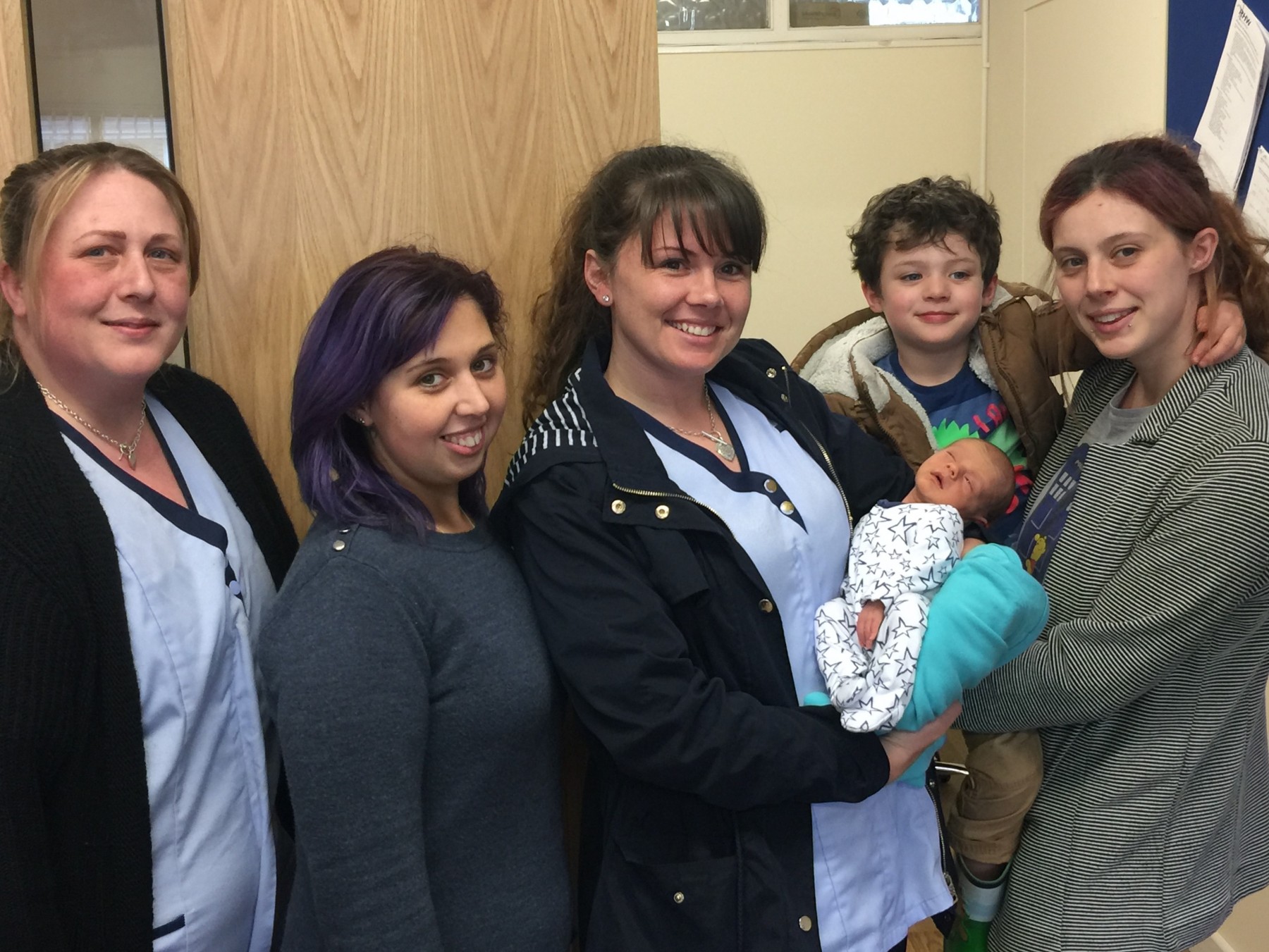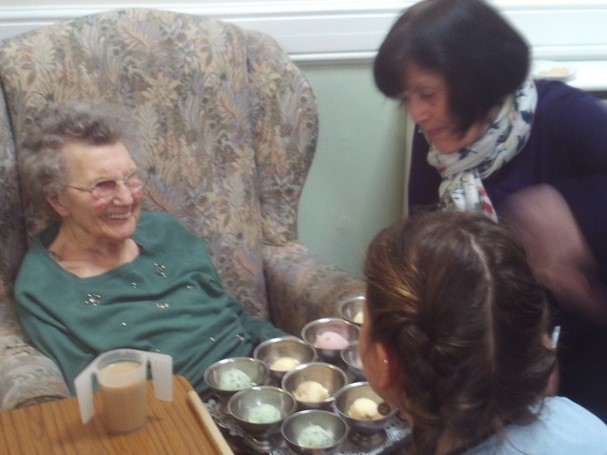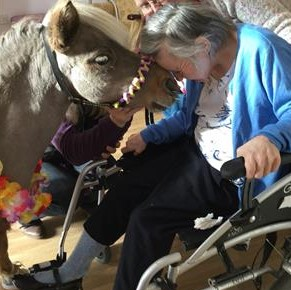‘Bed blocking’ in NHS hospitals is a major problem. According to NHS England around 5900 beds are occupied by older people who are medically fit for discharge. They remain in hospital because they don’t have a suitable package of care in place to allow them to return home. That adds up to over 170,000 days of delays for people with a medical need for those beds.
And for too many older people the next stage after a stay in hospital is long term residential or nursing care. This isn’t always what they want and may not be their best long-term option. Happily, it now isn’t inevitable.
Often, what is needed is an interim phase of assessment, support and therapy as a stepping stone between hospital and home. Working with Yeovil Hospital Trust, Altogether Care has been chosen to introduce a new Home First approach at Sherborne House.
Home First is a support and reablement programme involving the NHS, local authority and the voluntary sector. It offers short term reablement support, either at home or in a care home setting. The aim is to help older people recovering from an operation or health trauma to regain the mobility and capability to live more independently.
In late 2017 we opened a 10 bed Home First unit at Sherborne House. It offers ‘Pathway 3’ support (the highest level of Home First support) for up to 28 days.
During their stay the temporary residents receive intensive support from a multi-disciplinary team involving physiotherapists, occupational therapists and other specialists to aid their recovery as they progress to the next stage of their care.
Residents are fully involved in planning the reablement support and in deciding their preferred destination at the end of their stay.
A Success Story
Since the unit opened we have helped 60 people. We are proud and delighted that 33 of these have fulfilled their wish to return home, with whatever ongoing support they need.
“Home First is about giving people options,” says Caroline Sharp, manager at Sherborne House. “Without the reablement support we are able to offer most, if not all, of these people would have gone straight to residential care or remained in hospital using a bed that is badly needed. They may have been stuck in hospital because they were not immediately able to look after themselves at home.”
Home First helps to speed up the discharge from hospital for many patients. This is vitally important because the longer older people spend in a hospital, the more likely it becomes that long term residential or nursing care becomes the only viable option.
“Feedback from our NHS partners, residents and families has been overwhelmingly positive. For everyone at Sherborne House it’s incredibly motivating to be making such a to the quality of life in people’s later years” added Caroline.
Further feedback from Somerset County Council has also proven that the programme has been a great success, as the results of this Home First trial were recently presented to the council’s health and wellbeing board by the strategic manager for adult social care, Tim Baverstock. Tim says that as a direct result of the programme, current residents have become more active. He adds “without getting these people out of hospital, the system in Somerset may have broken”.
For more information on the Home First programme at Sherborne House, please contact us.




